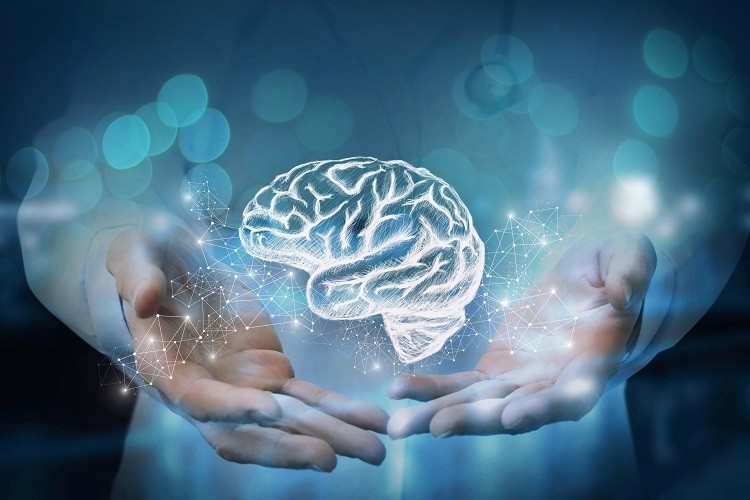Aging is inevitable. As with other organs in the body (skin, bones and eyes), the brain begins to age around the age of 30. Memory lapses (such as forgetting names, words that were on the tip of the tongue or where you left objects), slower thinking, and difficulty processing information become more common around age 60. These are cognitive losses predicted as age advances, resulting from failures in communication between neurons and a decrease in the ability to create new connections. With the help of healthy brain supplements, you can slow down the process of brain aging, thus, reducing chance of cognitive losses. However, by following some basic methods, you can get good result. Keeping the brain sharp is a matter of avoiding risk factors and adopting attitudes that protect cognitive functions.
Do physical activity
Moving the body improves blood supply and oxygenation in the brain, modulates the levels of neurotransmitters linked to mood and well-being, prevents cardiovascular diseases and helps to control stress. Training also stimulates the formation of new neurons in the hippocampus, the brain region responsible for memory and learning. Maintaining a physical activity routine should be part not only of the prevention but also of the treatment of the pathology.
Attend school
Are people who spend more years studying early in life less likely to experience symptoms of cognitive decline in adulthood? Cognitive stimulation over the years in which the brain is developing is the key to creating and strengthening neuronal connections and building a kind of savings of neurons, capable of making the brain more tolerant to the effects of aging deterioration and even helping recovery after a brain disease, such as a stroke.
Maintain social connections
Cultivating a network of strong, healthy relationships has a protective effect on physical and mental health, while loneliness is potentially harmful. It raises the level of inflammation and stress hormones and increases the risk of heart disease and dementia. It is worth knowing that this harmful loneliness has nothing to do with that imposed by social isolation due to the pandemic we are experiencing, nor with voluntary loneliness. Social coexistence engages areas of the brain responsible for language and communication, emotions and skills such as conflict resolution and decision-making.
Always learn
Beyond the years of formal education, it is important to know that the brain continues to be shaped by our experiences until the end of life. Moreover, the greater the diversity of stimuli, the smoother the cognitive processes become. In other words, we must never stop learning. It could be a different language, a musical instrument, a physical practice, a manual hobby or even a different way of performing everyday tasks.
Relax more
The brain needs a little stress to keep us focused and motivated, it is a fact. In excess, however, cortisol causes chemical and structural changes in various brain regions, leading to the destruction of neurons and hindering activity in the hippocampus, the area responsible for memory and one of the first affected by Alzheimer’s disease. Although there is no direct relationship between stress and dementia, we know that chronic stress acts as a platform for bad habits to settle in, such as smoking, alcohol abuse, sedentary lifestyle, unbalanced diet.
Sleep well
Neuroscientists recently discovered that the brain has a kind of self-cleaning system that is activated during sleep. It helps to eliminate toxins from the central nervous system. The glymphatic circulation works as a network of channels that runs throughout the brain, draining waste. When there is sleep deprivation, the glymphatic system cannot complete the work of cleaning toxins. It is why we must need a good amount of sleep to keep our brain healthy and toxin free.

